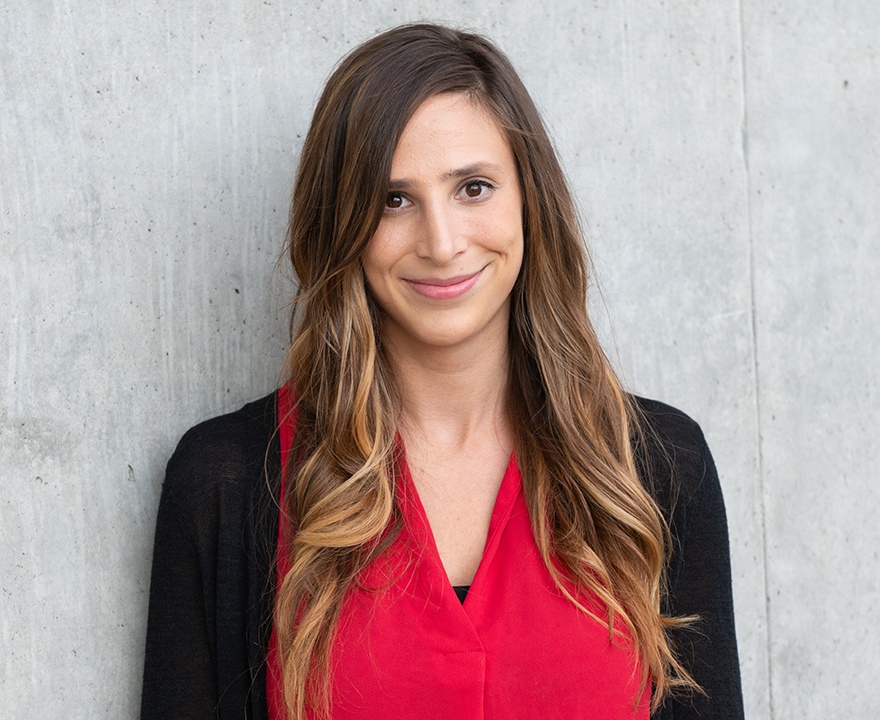Why your toddler gets mad when you give them what they wanted

Why your toddler gets mad when you give them what they wanted
- July 15, 2019
- Emily Sumner, cognitive sciences, explains in Life Hacker
-----
As soon as kids begin to talk - or even non-verbally indicate a preference - we start to give them choices. When we ask them a question with two choices, they’re much more likely to answer with the second option; not because they truly prefer it but because they have trouble remembering the first option, particularly if the words or phrases are long.
The findings, published in PLOS One, say that might be because of something called “recency bias.” In a series of experiments, researchers led by Emily Sumner at the University of California, Irvine, asked 24 1- and 2-year-olds a bunch of two-choice questions … One question, for example, was, “Does Rori live in an igloo or a tepee?” … As our kids begin to speak and converse with us, we may have a tendency to assume they understand our questions and the difference between the two options we give them.
Read on in Life Hacker...
-----
Would you like to get more involved with the social sciences? Email us at communications@socsci.uci.edu to connect.
Share on:
Related News Items
- Careet RightAttending the National Conference for Black Political Scientists
- Careet RightThe changing bilingual brain
- Careet RightToddlers may not give a totally honest answer when you ask this kind of question, study finds
- Careet RightToddlers can't truly answer 'this or that' questions
- Careet RightToddler not doing what you asked? Here's why


